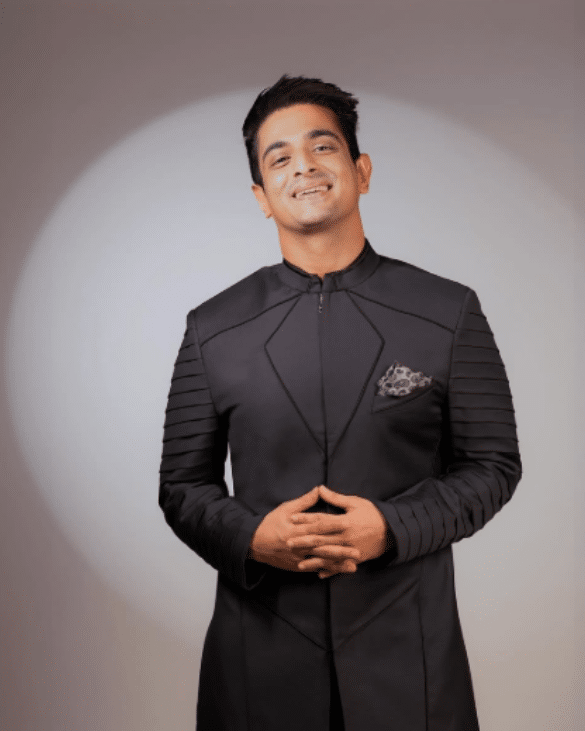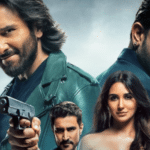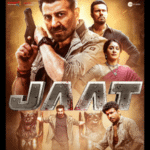Last Updated on February 19, 2025 by Prabhukalyan Dhal
The Supreme Court of India has taken a decisive stance against YouTuber Ranveer Allahbadia, barring him and his associates from posting content on YouTube or any other digital platform. This unprecedented ruling follows the uproar over his controversial remarks on the YouTube show India’s Got Latent. The court’s judgment has ignited a heated debate about freedom of speech, the limits of comedy, and the responsibilities of digital content creators. Let’s break down the entire controversy.
Video related to the controversy
How the Ranveer Allahbadia Controversy Started: The Controversial Comment
Ranveer Allahbadia, widely known as BeerBiceps, found himself in hot water following his appearance as a guest judge on comedian Samay Raina’s YouTube show India’s Got Latent. During the show, he made a remark that was deemed inappropriate and obscene, particularly relating to parental relationships. The clip went viral, leading to widespread outrage and multiple FIRs against Allahbadia, Raina, and other judges, including Ashish Chanchlani, Jaspreet Singh, and Apoorva Mukhija.
The backlash was swift. Social media exploded with criticism, with many calling for legal action against the influencers involved. While some defended the content as a form of roast comedy, others argued that it crossed ethical and moral boundaries.
Also Read: Sanam Teri Kasam Re-Release: Romance Returns to Theatre with Sanam Teri Kasam 2 Announcement
Public Reaction: Outrage and Divided Opinions
The controversy quickly became a national talking point, sparking debates on both mainstream and social media. The outrage was fueled by netizens, public figures, and even lawmakers, with some raising the issue in Parliament. Hashtags like #BanBeerBiceps and #JusticeForContentEthics trended on social media.
A video creator and audience member of the episode, Mohit Khubani, later shared that Allahbadia had apologized multiple times during the taping, asking if the contestant was comfortable with the joke. Despite this, many viewers remained unconvinced, arguing that the apology did not justify the offensive nature of the remark.
The divide was clear—some saw it as an overreaction to an offhand joke, while others believed it was necessary to hold influencers accountable for their words.
Government and Legal Action: Supreme Court Steps In
As the controversy escalated, the Supreme Court intervened with a landmark ruling. A bench led by Justices Surya Kant and N Kotiswar Singh declared that Allahbadia and his associates were banned from airing content on YouTube or any other platform until further notice.
In a scathing rebuke, the court slammed Allahbadia’s remarks as “perverted and obscene,” questioning the ethical responsibilities of digital creators. The court also:
- Granted Allahbadia interim protection from arrest but barred new FIRs from being filed against him.
- Directed him to submit his passport to authorities, restricting his international travel.
- Allowed him to seek police protection due to reported death threats.
Legal experts debated whether the ruling was an overreach or a necessary step in regulating online content. Many saw it as a potential precedent for stricter oversight of digital influencers.
Maharashtra Chief Minister Devendra Fadnavis comments on the issue
Latest Updates: Summons, Apologies, and Fallout
Despite being summoned by the National Commission for Women (NCW) and various police departments, Allahbadia reportedly remained out of contact, prompting authorities to issue fresh summons for a hearing on March 6. Meanwhile, comedian Samay Raina also faced legal scrutiny and deleted all episodes of India’s Got Latent from his channel, expressing regret over the situation.
The controversy also led to a larger discussion about India’s obscenity laws. Legal experts referenced past Supreme Court rulings, debating whether offensive remarks in a comedic setting should be classified as criminal offenses.
Apologies and Damage Control: A Case of Too Little, Too Late?
In response to the backlash, Allahbadia issued a public apology on social media, stating:
“I never intended to offend anyone. Comedy is not my forte, and I regret my choice of words. I deeply apologize to those who felt hurt by my remarks.”
Allahbadia also posted a tweet:
Samay Raina, in a separate statement, emphasized that the intent of the show was purely entertainment:
“All traces of India’s Got Latent have been erased in full. My sole intention was to bring joy and laughter to people. I will fully cooperate with all investigations.”
Despite these apologies, the damage was already done. Critics argued that the apologies seemed more like damage control than genuine remorse. The incident has now sparked a broader debate on the nature of roast comedy, the responsibility of content creators, and the potential overreach of censorship.
What’s Next? The Future of Ranveer Allahbadia and Digital Content Regulation
This controversy has far-reaching implications. The Supreme Court’s strict ruling could signal a shift in how India regulates digital content. While some argue this is a much-needed step to curb inappropriate online behavior, others fear it may set a dangerous precedent for creative freedom.
As the investigation continues, one thing is certain—Ranveer Allahbadia’s brand and career have taken a major hit. Whether he can recover from this remains to be seen. Meanwhile, the content creator community watches closely, knowing that this case might redefine the rules of online expression in India.
Stay tuned as we bring you more updates on this evolving story.
Image Credit: Source: Ranveer Allahbadia’s Official Instagram.











1 thought on “Supreme Court Bans Ranveer Allahbadia & Associates From YouTube: Full Controversy Explained”